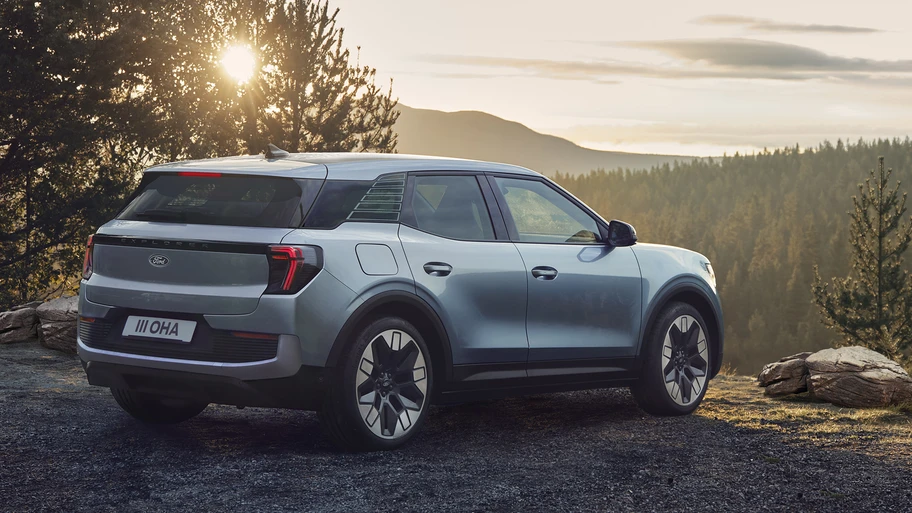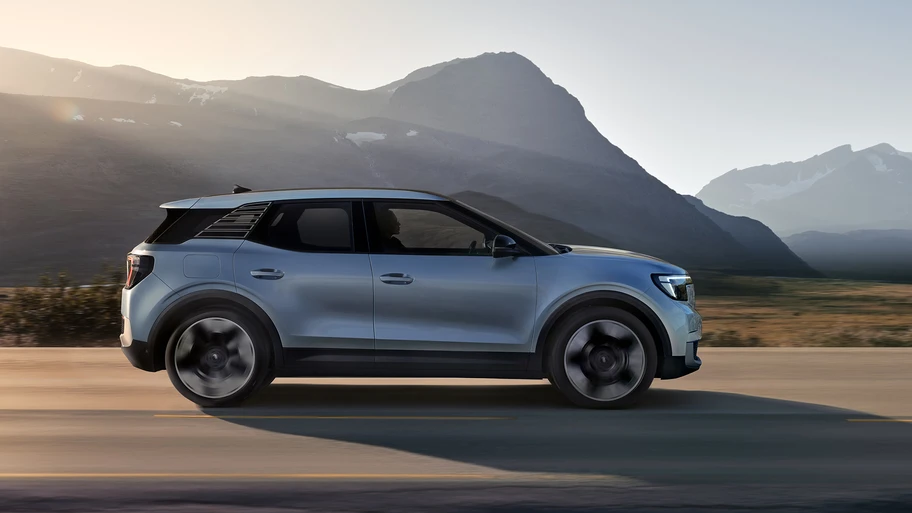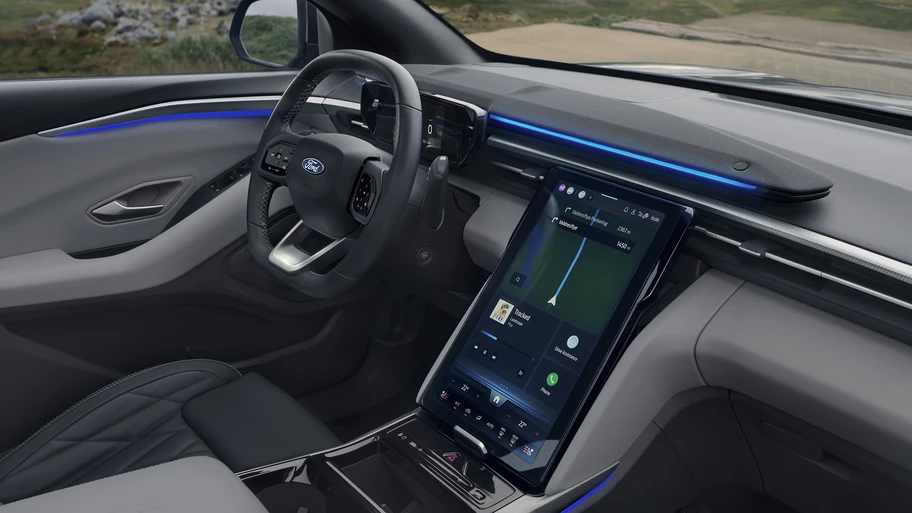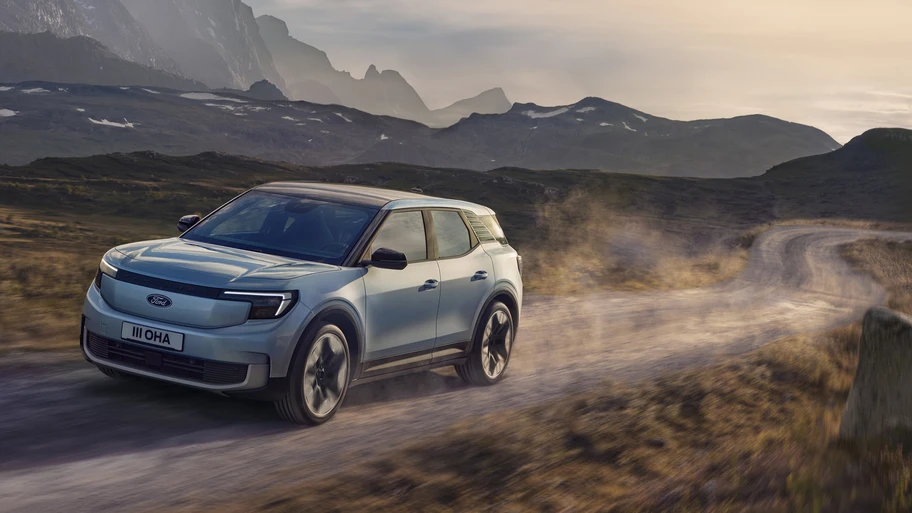Ford is pushing its bid for 100% electric models, at least for a Europe where combustion vehicles are increasingly cornered, and it’s clearly doing so with a model within the modern classification: SUVs.
Gone is Ford’s only plan to sell the same models worldwide, the new Ford Explorer EV is built for the old continent and oddly enough it uses not the base Mustang Mach-e, but the Volkswagen MEB, specifically in the variant applied to the ID 4
Ford Explorer EV Where is it placed?
Although it’s called the Explorer, it’s much smaller than the original model currently measuring in at 5,050mm, in the case of an EV it measures:
- 4,460 mm
- 1,870 mm
- 1600 mm high
Regarding the Mach-e, it is smaller except for the height, which together with the mechanics (we’ll talk later) make it target different audiences, with the Mustang’s focus on sportiness. The new model is also shorter than the Kuga at 4,610 mm.
ford design
Aesthetically, the Oval house sought to personalize its product, masking as much as possible the Volkswagen traces it could not change.
Respecting in part the curvy waist and C-pillar of the ID.4, Ford has opted for straighter lines, especially at the front, although the end result has the sterile character of many electric models due to the lack of a front grille and very smooth surfaces.
Most Fordist features are associated with the gringo Explorer, particularly in the tailgate and taillights.
Inside, Ford managed to give it a feel more in keeping with its range, so it swapped out the Volkswagen display placed above in a floating style and replaced it with the 14.6-inch tablet style found in the torpedo. The instrument cluster is included on a 5-inch display in the dashboard and the steering wheel is different from the one used by the Germans.
E-VW mechanics
Ford hasn’t said much about the Explorer EV’s mechanics, but given its base it should (almost) follow in the footsteps of the ID.4 offering either a 174 PS (124 kW) or 204 PS (150 kW) engine and versions of two engines with 265 and 299 hp in the GTX .
Ford claims the battery can be recharged from 10 to 80% in 25 minutes, but we don’t have more data. Volkswagen provides a 77 kWh accumulator that produces 526 km on the WLTP cycle.
In terms of comfort and safety equipment, don’t expect anything revolutionary, but the ability to charge the electric SUV with almost every type of assistance and utility typical in its class at a price the brand announces is less than 45,000 euros.

“Beeraholic. Friend of animals everywhere. Evil web scholar. Zombie maven.”




